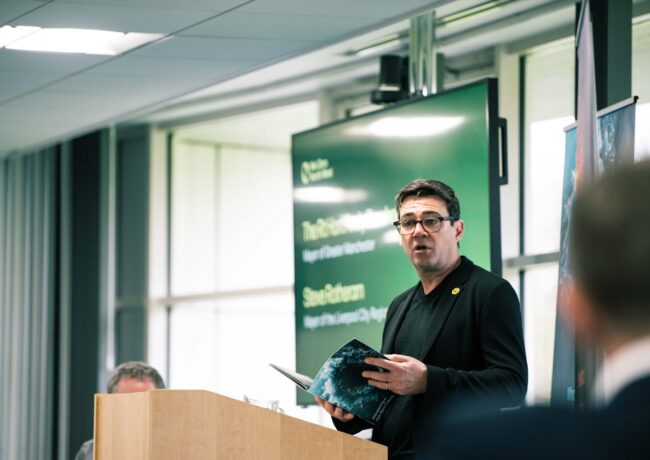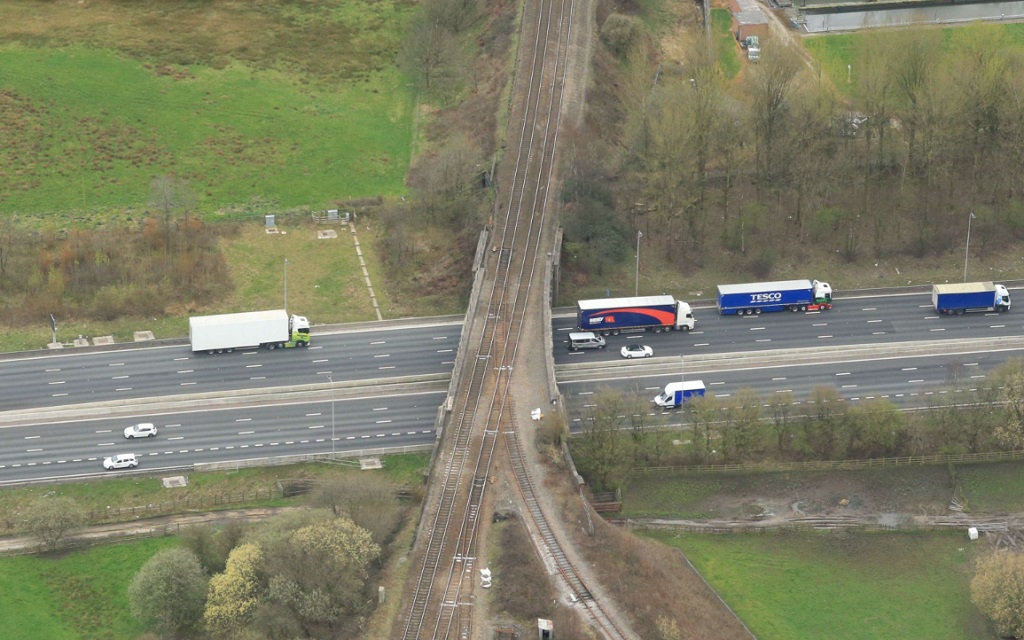Congestion in NW urban areas decreasing
Average journey times are falling in both Greater Manchester and Merseyside, according to the latest congestion statistics by the Department for Transport.
The DFT's statistical bulletin for the fourth quarter of 2009, titled Transport Statistics: Road Traffic and Congestion in Great Britain, presents average journey times on selected key routes in the ten largest urban areas in England including London, Greater Manchester, Merseyside, South Yorkshire, Tyne & Wear, West Midlands, West Yorkshire, Bristol, Leicester and Nottingham.
The bulletin includes average journey times for each mile and the figures are based on all 'A' roads managed by each local authority during the morning peak on school days.
Congestion in urban areas is measured by "person journey time per mile". Across the ten urban areas, the average person journey time in 2008-09 was four minutes and one second each mile, seven seconds each mile faster than 2007-08, and 15 seconds each mile faster than the 2005/2006 baseline. Seven out of the ten urban areas have experienced a decrease in congestion of 2% or more, as measured by person journey times. None of the ten urban areas have experienced an increase in congestion.
Within Merseyside, figures showed that the average person's journey time fell by 0.7% in 2008/09 against the 2005/06 baseline. The average person journey time in 2008-09 was four minutes and five seconds each mile, three seconds each mile faster than 2007-08, and two seconds faster than the 2005/2006 baseline.
In Greater Manchester, the average person's journey time fell 5.8% in 2008/09 against the 2005/06 baseline. The average person journey time in 2008-09 was four minutes and forty three seconds each mile, thirteen seconds each mile faster than 2007-08, and 57 seconds each mile faster than the 2005/2006 baseline.
 Neil Scales, chair of the Merseyside Transport Partnership, said: "Tackling congestion is key to the economic success and health of Merseyside and a central element of the region's current Local Transport Plan.
Neil Scales, chair of the Merseyside Transport Partnership, said: "Tackling congestion is key to the economic success and health of Merseyside and a central element of the region's current Local Transport Plan.
"Today's figures show that the average person's journey time fell by 0.7% in 2008/09 against the 2005/06 baseline, a result which goes above and beyond the national targets set for Merseyside. This achievement came during a year which saw major disruption to key routes, as ongoing improvements were made to the road network. It is very encouraging to see that our work, together with that of our partner organisations, is having such a positive effect, with our award-winning TravelWise campaign encouraging many to consider more sustainable modes of transport.
"The figures are also useful in highlighting areas to focus on when planning for the future, with decreasing bus patronage being an area of particular concern. This data will help us in our preparations for the next Local Transport Plan. Local people will be encouraged to share their views on this when consultation begins in early March."
The DFT said the urban congestion statistics are not yet designated as national statistics, but are official statistics that are under development and are being tested for their ability to meet user needs.




